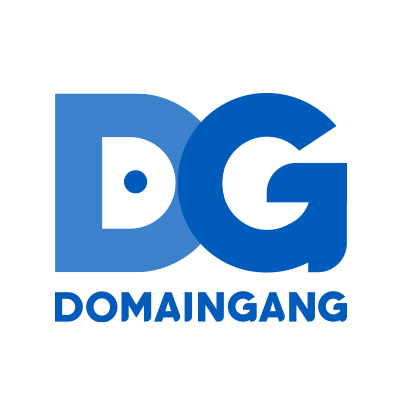YOUR AD HERE
Andrew Allemann Leave a Comment August 21, 2024
UDRP carves out exceptions for legitimate use of brand names in domains.
 The maker of Lycoming engines lost a UDRP against a mechanic—image from Lycoming website.
The maker of Lycoming engines lost a UDRP against a mechanic—image from Lycoming website.Textron Innovations Inc., the maker of airplanes and airplane parts including Cessna and Beechcraft, has lost another cybersquatting case under the Oki Data precedent.
Oki Data was a case that established an idea of nominative fair use in domain names, at least as far as the Uniform Domain Name Dispute Resolution Policy (UDRP) is concerned. It carves out an exception for resellers and service providers that use a trademark in their domain name to offer services related to that brand.
Earlier this year, Textron was found to have tried to reverse hijack names used by an aircraft inspection company that used Beech in its domains. It also lost a case against a pilot who helps move Cessna planes and uses CessnaFerryPilot.com.
The latest case involved Lycoming engines, which Textron makes.
Robert Vondersaar registered the domain lycomingoverhaul.com to promote his services maintaining Lycoming engines.
Panelist Jeffrey Neuman applied the Oki Data precedent and found that the domain should remain with the mechanic.
He noted:
Furthermore, the Panel believes it would be inappropriate to use the UDRP to shut down a successful business that the Respondent has operated for over 13 years. According to Paragraph 4.1(c) of the ICANN Second Staff Report on Implementation Documents for the Uniform Dispute Resolution Policy, “Except in cases involving ‘abusive registrations’ made with bad-faith intent to profit commercially from others’ trademarks (e.g., cybersquatting and cyberpiracy), the adopted policy leaves the resolution of disputes to the courts . . . and calls for registrars not to disturb a registration until those courts decide.” The Panel, aligning with the view expressed in Walbro Engine Management, believes that the present case represents such a dispute and is more appropriately resolved through the courts.
The Panel is not in any way suggesting that Respondent’s website would succeed in a trademark infringement action, nor that Respondent would not be found liable in a court of competent jurisdiction, but rather, there is not enough evidence submitted in which the Panel could conclude that the domain name was either registered or used in bad faith.
This is a significant part of the case. UDRP is designed to address clearcut instances of cybersquatting. It is a blunt force instrument; the only remedy is to transfer a domain name. UDRP is not designed to take down active websites owned by legitimate businesses. Competent courts should handle those cases.
About Andrew Allemann
Andrew Allemann has been registering domains for over 25 years and publishing Domain Name Wire since 2005. He has been quoted about his expertise in domain names by The Wall Street Journal, New York Times, and NPR. Connect with Andrew: LinkedIn - Twitter/X - Facebook
Get Our Newsletter
Stay up-to-date with the latest analysis and news about the domain name industry by joining our mailing list.
No spam, unsubscribe anytime.
 1 year ago
35
1 year ago
35







 English (US) ·
English (US) ·